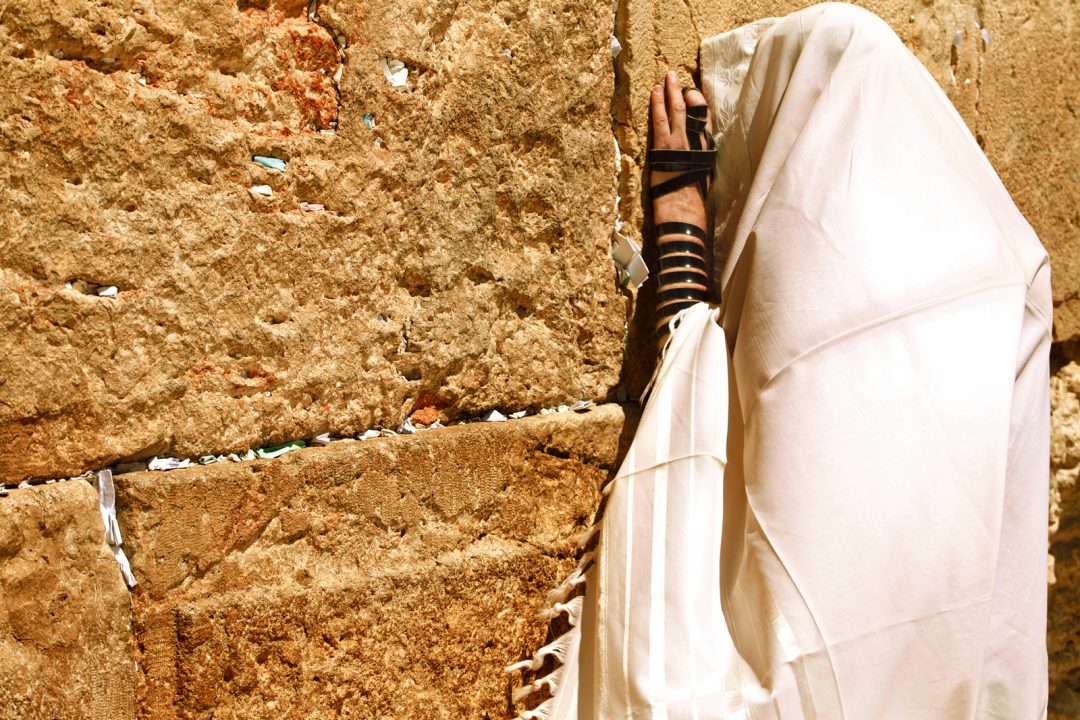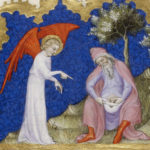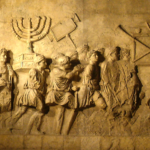To a devout Jew, there is a blessing for everything. For anyone who has seen the classic film “Fiddler on the Roof” who can forget Tevye’s singing speech about tradition?
The Blessing
The blessing is a praise to God thanking him for whatever is about to occur, whether it be rising in the morning or preparing to eat and drink. Every blessing begins with the same lines “Baruch ata Adonai Elohanu melech ho’alom” – Praised be You Oh Lord our God master of the universe… Depending on how devout a Jew maybe it is possible to see someone say several different blessings before embarking on a particular activity.
At mealtime, a couple of short blessing is said before eating but unlike the Christian faith, the main blessing for meals is said after the meal has concluded. Blessing the meal is the last activity performed at the table before dispersal. The blessings can last for several minutes and involve singing, clapping, and even banging on the table. Even the shortest version can last for five minutes. The blessings are traditionally sung in Hebrew. While there may be a fe different versions of the blessing, the blessing after the meal like all blessings is the same. There is no need to make things up along the way; the proper wording has already been provided.
Jewish prayers like the blessings are generally the same
There are phrases that are added or subtracted depending on the time of year and whether or not it is a holiday.
 While a Sabbath service has specific events that occur in a specific order the format is fairly loose allowing for people to finish the prayers. Since the majority of the prayers are basically the same from week to week it is possible to somewhat memorize the words. But the prayers are meant to be read, that is why in a congregation some people will finish much quicker than others. Even though they are being read the reader has seen the prayer enough times he knows what is coming next and he can “speed-read” the prayers.
While a Sabbath service has specific events that occur in a specific order the format is fairly loose allowing for people to finish the prayers. Since the majority of the prayers are basically the same from week to week it is possible to somewhat memorize the words. But the prayers are meant to be read, that is why in a congregation some people will finish much quicker than others. Even though they are being read the reader has seen the prayer enough times he knows what is coming next and he can “speed-read” the prayers.
Judaism is More Than Just a Religion
It is a way of life with laws and traditions that have been passed down for centuries including what blessing to say and when to say them. It also tells what prayers are to be recited when to recite and sometimes even how they should be said. At times it seems that Tevye’s words are more than just movie dialog when he says, “without our traditions, our lives would be as shaky as a “Fiddler on the Roof.”






